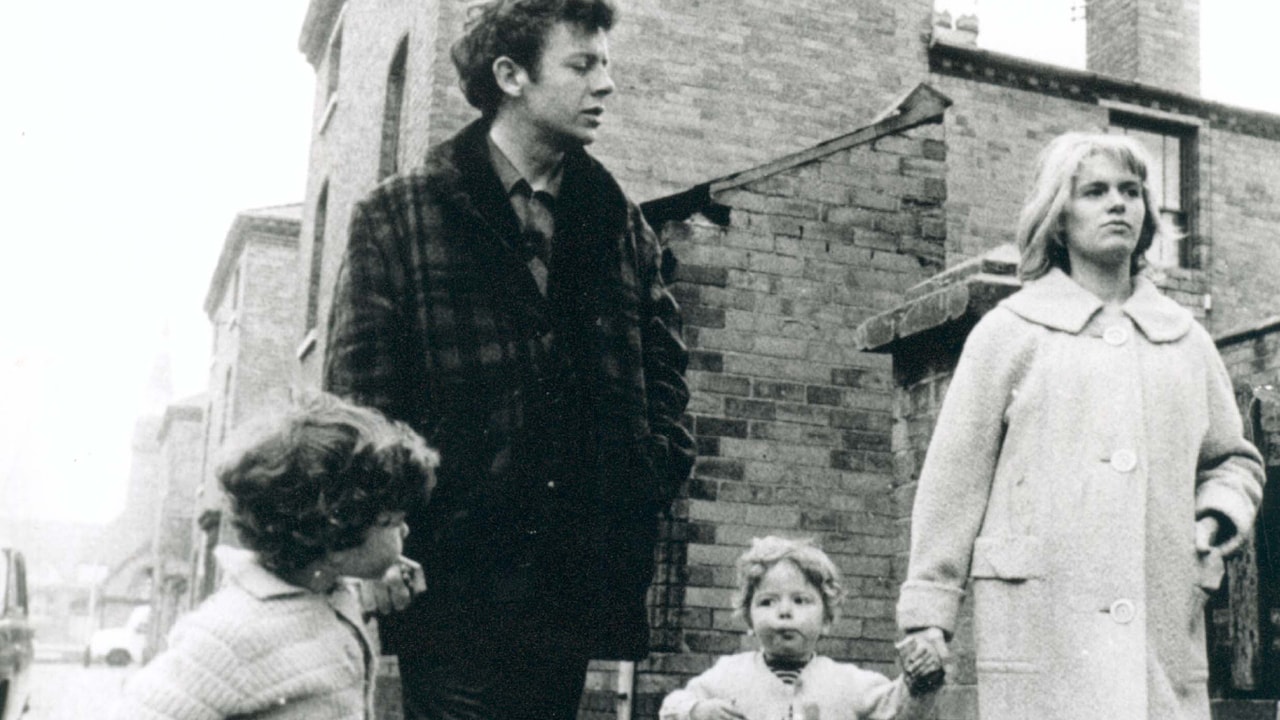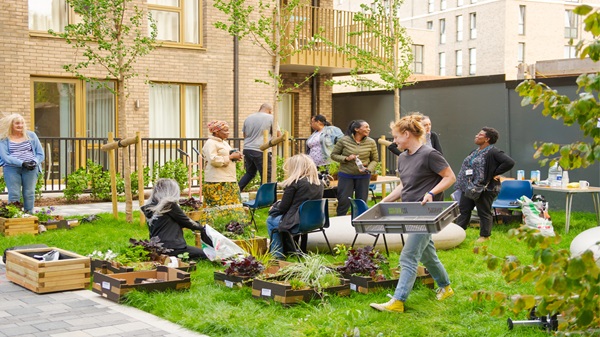
Pioneering change
Victorian entrepreneur William Sutton, born in 1833, was a visionary. Not only in business, where he made a fortune by establishing the UK’s first parcel delivery service, but also in tackling the housing crisis.
William Sutton died in 1900, leaving his £1.5m fortune (which would be worth £197m today) to provide much needed housing for those who couldn’t afford it.
His legacy to provide "model dwellings and houses for occupation by the poor of London and other towns and populous places in England” created the Sutton Dwellings Trust. It built some of the country’s first housing estates, such as the Sutton Estate in Chelsea, London. By 1939 it was providing homes for 32,000 people.
William Sutton
Responding to the housing crisis
A turning point came in 1966 when Ken Loach’s seminal film about homelessness, Cathy Come Home, was broadcast on the BBC. A harrowing portrayal of one family’s descent into poverty, debt and homelessness, the film ends with social services taking the couple’s children into care.
The furore created by the film galvanised the development of a number of housing associations, including Circle 33. This was set up in 1968 by architects David Bernstein and his wife Beverly, along with fellow architect David Levitt and his wife, Christian Bevington.

“All of us who work for the Group have a responsibility to ensure that we deliver William Sutton’s vision of good quality homes for the people who need them the most. It’s a tragedy that today we face a housing crisis in many ways as severe as anything our original trustees experienced.”
A history of social value
Throughout the rest of the 20th century Circle 33 and the Sutton Dwellings Trust grew in size and influence. The latter evolved into Affinity Sutton.
The two housing associations joined forces in a merger in 2016. This created Clarion Housing Group – the UK’s biggest housing association.
While many things have changed over the past 100 years, our commitment and determination to provide homes for those who need them most remains as strong as ever.
Clarion: key recent dates
2021
We were named as a new Strategic Partner for Homes England.
2022
Our development arm, Latimer, was named the UK’s most sustainable not-for-profit housebuilder.
2023
We were awarded the largest share of the Social Housing Decarbonisation Fund to upgrade the energy efficiency of thousands of our homes.
Supporting people and communities
Today, 360,000 people live in our homes. We’re committed to continuing the work William Sutton set in motion more than 100 years ago.
Our homes are part of a bigger picture of support for people and communities. Our charitable foundation, Clarion Futures, runs one of the UK's biggest social investment programmes.
In 2022-23, we spent £17m on this programme: generating £137m in social value and helping 2,114 people into work.
Download our 2022-23 Social Impact Report

Looking to the future
Times may have changed since William Sutton gave away his fortune to provide social housing, but the housing crisis remains a major issue.
Our strong financial foundations and governance enable us to pursue our mission of providing homes for those who need them most. However, our ambitions go far beyond mere bricks and mortar. We’re committed to creating flourishing and sustainable communities and making a positive impact on our environment.
- By 2025, we aim to have reduced carbon emissions from our new homes by 75% compared to 2013.
- By 2040, we plan to be the leading housing group for good quality, sustainable and affordable homes.
- By 2050, we intend to be a net-zero carbon organisation.
